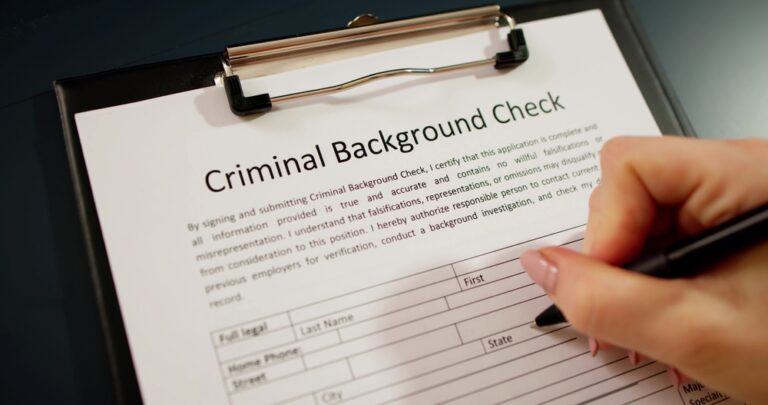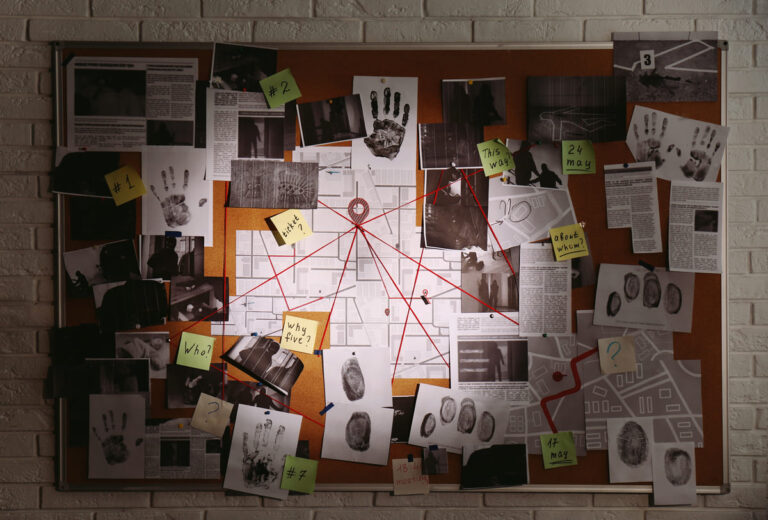DPS License #1607394
Becoming a private detective in Phoenix is easier than you think, but most people aren’t aware of the process or requirements.
What Is a Private Investigator?
Private investigators are defined as professionals who have to gather clues and verify the facts. Private investigators should have excellent observation skills, a keen eye, and an analytical mind. They’re also known as private detectives. These professionals utilize a number of investigative and surveillance techniques in order to gather accurate information regarding a subject or situation.
Private detectives are usually licensed by their respective states, so a private detective in Phoenix will require a license from the state of Arizona. Private detectives can work full time as employees for private firms or businesses, corporations, or for individual clients.
The services provided by a private investigator may vary depending on the industry or the case that they are working. However, their skill set is usually similar and their task is to uncover evidence and facts, analyze the obtained information and provide the clients with unbiased results of the investigation that they have carried out.
Regardless of the niche or career path that they choose, private investigators have to rely on their talent of being able to gather facts and analyze information. This involves performing undercover investigations or surveillance activities, documenting and reporting investigation results, interviewing people and researching facts and evidence.
To become an Arizona private investigator, individuals need to procure the license from a private investigator agency.
The Department of Public Safety regulates the private investigators’ licensing process in Arizona. No independent private detective in Arizona can work without a license, and these licenses are issued to individuals who have at least three years of experience in investigative work. This requirement can be met by working with a private investigation firm or any local, state or federal law enforcement agency. Many retired police officials become private detectives in Arizona as well as in other states.
How to Become a Private Investigator
Step 1
The first step is to meet the application requirements in the state of Arizona. Applicants for the license should meet at least these basic requirements:
- At least 18 years of age.
- US citizen or a legal resident.
- No felony convictions or indictments for a felony.
- No registered sex offenses and not on probation or parole.
- No convictions of a misdemeanor for violent acts, theft, fraud, domestic violence, narcotics violations or sexual misconduct in the last five years.
- No convictions of attempting to work as a private detective without proper licensing.
Step 2
The next step is to secure the education and training required for a formal career as a private investigator. It’s recommended that individuals who want to procure a private investigator license acquire a bachelor’s or an associate’s degree in criminal justice or other related subjects. Most private detective agencies prefer candidates who have a bachelor’s degree or a law degree.
There are over 25 private detective schools in the state of Arizona as well as some online schools that offer criminal justice programs. There are also private institutions and colleges that offer courses in private investigations.
There also exists an Association of Licensed Private Detectives in Arizona that is dedicated to striving for professionalism in the private investigation industry. They offer opportunities for networking and present educational programs on various topics including the latest technologies that can be utilized in this line of work. In addition, this association lobbies against the laws that limit the access of a private detective to public records or impose any regulations that are detrimental to the investigation.
Through the online training programs, you can learn how to operate surveillance equipment, perform background investigations, and other private investigation trade secrets. These courses are usually short and in a time span of three to six months, you can take your very first step towards a career in investigating missing person cases, marriage infidelity cases, and cases involving insurance fraud.
Step 3
The next step towards becoming a full-time Arizona private investigator is to gain experience through apprenticeships. You’ll have to obtain documentation of three years full-time investigative experience from any former employer.
People without the experience should first consider getting a job as an intern with any licensed P.I. agency and then secure a Private Detective Employee Registration Certification under the sponsorship of that particular agency.
Applicants will have to submit documentation of employment with their application as well as a $50 application fee and $22 for fingerprinting requirements. The state Department of Public Safety will run background checks, after which the employee certificate will be issued. Individuals should remember that working for an agency without this certification is illegal.
Step 4
You are now one step closer to becoming a full-time private investigator in Arizona once you submit the application and get the fingerprinting procedure done. You can download the application form at the DPS website, or you can request for the form through its telephone number or mailing address.
You can then mail the employer documentation, application fees, and the required fees or hand-carry it to the Phoenix office of DSP. You’ll also need to submit the one-time application fee of $250 and a license fee of $400. The license renewal fee is $250.
Step 5
Now that you’ve completed all the steps, you’re officially an Arizona private investigator. You’ll require computer proficiency, since this is a job that entails conducting surveillance, interviews and writing detailed reports. The work done by a private investigator is varied and could include services as diverse as background checks, celebrity protection, or cases involving harassment, child custody, computer crime, insurance fraud, copyright infringement and missing persons.
The good news is that the career outlook for private detectives is better than average, and it’s even better for those who’re specialists in computer forensics investigation.



